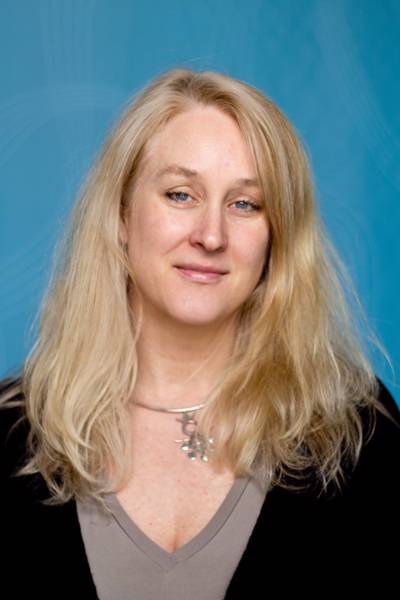Starting from the puzzle of the ‘leaky pipeline’ in academia (that is, the lack of women professors despite an overrepresentation of women in lower ranks), this thesis explores how women in a social science research institute in Norway negotiate gender and institutional environment on their path to professorship. Norway uses a competence model for promotion to professorship where candidates may be promoted in the context of an existing position, thus I focus on the process leading up to the submission of an application. I use the concept of ‘readiness’ to draw attention to not only meeting the criteria for professorship, especially in terms of academic publications (‘objective readiness’), but also the motivation and confidence to apply (‘subjective readiness’). Drawing heavily from academic literacies theory, which sees academic writing as a situated social practice, I use a critical ethnographic approach to examine how expectations related to gender and the institutional environment create sites of negotiation in everyday writing and publishing practices. I find that even within the same institutional setting, women face different choices than men about not only work–life balance, but also ‘work–work’ balance – that is, how to prioritize writing and work towards professorship in the context of other work-related demands. I argue that ideas about what constitutes the ideal woman or mother act as an ‘invisible thumb on the scale’, shaping not only sites of negotiation related to readiness, but also the agency that women enact in response. Unlike the previous literature that implies women are simply passive agents in response to institutional constraints, my findings demonstrate a conscious resistance to defining their career pathways in terms of the ‘ideal academic’. This study emphasizes the significance of the situated context in addressing challenges related to readiness and the leaky pipeline.
Nygaard, Lynn P. (2019) Ready or Not: Negotiating Gender and Institutional Environment on the Path to Professorship. PhD thesis, Institute of Education, University College London, London, UK.






